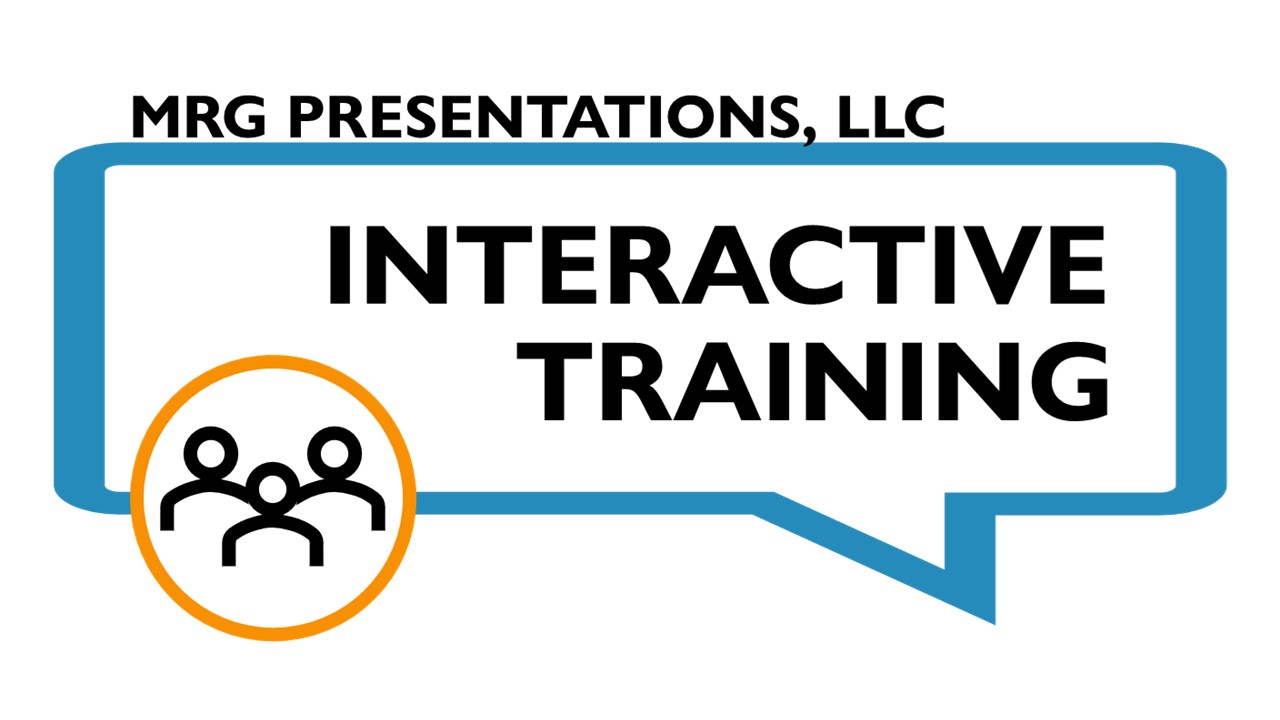DIY: SPOT THE FOUR VILLAINS OF DECISION MAKING
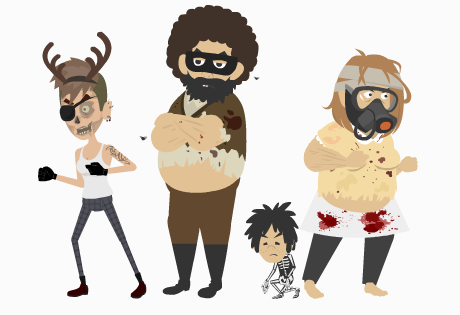
Based on Decisive by Chip and Dan Heath.
If I only knew then what I…
You can finish that sentence. If I only knew then what I know now. It is a common sentiment—for a good reason! Experience focuses and broadens our vision. We have all learned difficult lessons in difficult ways. We learn from our mistakes, and we become wiser.
Thankfully, there is a less painful way to improve our decisions.
In Chip and Dan Heath’s book, Decisive, they broaden our vision and help us focus on four villains of decision making:
- Narrow Framing,
- Confirmation Bias
- Short-Term Emotion
- Overconfidence

Narrow Framing
occurs when we focus on the pursuit or rejection of a single option. “Should I _________ or not?” This creates a spotlight that excludes a potential myriad of other options. One of our most common tools for decision making is the pro’s and con’s list. And unfortunately, it tends to support narrow framing. We can be drawn to examining a single, narrow-framed option.
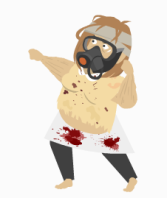
Confirmation Bias.
Suppose you have two options for research regarding a decision. One option is titled, “Data That Supports What I Think.” The other is titled, “Data That Contradicts What I Think.” Which option do you naturally choose? Yep. That is confirmation bias.
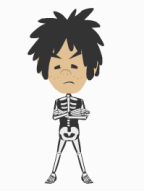
Short-Term Emotion:
You may compile extensive data that disarms the villain of confirmation bias. You may have a broad spectrum of options that disables the villain of narrow framing. But your emotions are still present, and they are both powerful and malleable. All the data may clearly point in a direction—a direction that feels bad… at the moment. That is short-term emotion.
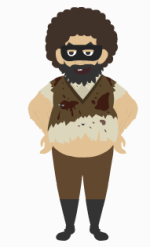
Overconfidence
This villain swaggers in and invites us to foolishly refute the fact that we don’t know what we don’t know. And we don’t know what the future holds. In 1927, Harry Warner of Warner Bros. said, “Who the hell wants to hear actors talk?” It was a perfect example of overconfidence.
Narrow framing, confirmation bias, short-term emotions, and overconfidence. These are the four villains of decision making. If we can acknowledge their presence, we will be more likely to avoid being robbed by them! For more information, read Decisive by Chip and Dan Heath. It is a great resource!
